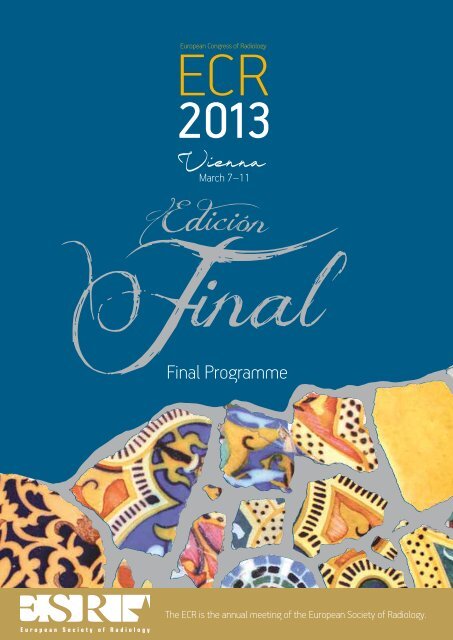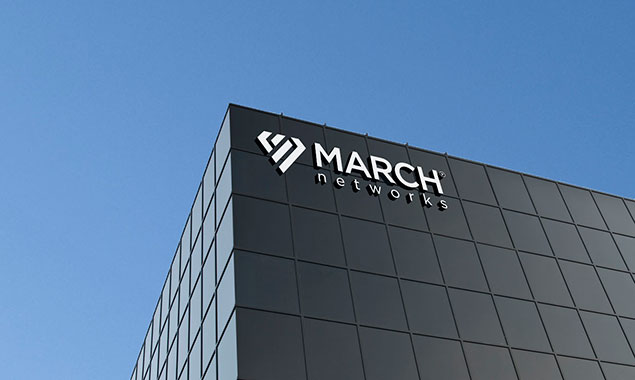

The Realists also suggested that term “national interest” should be included into the Czech Constitution as being superior to supranational commitments, and explicitly rejected joining the Eurozone. Concerning the EU, Realists put strong emphasis on security issues claiming that the whole of Czech policy, including EU policy, had to treat the national security as the most important issue. Mr Robejšek confidentially announced the Realists could get 20% of votes in the elections but, as in case of Svobodní, the party was almost invisible in the polls. In the first phase of its existence, the party rhetoric obviously tried to copycat the “professorial” style typical of the Alliance for Germany (AfD) during its first years. The party was founded by Petr Robejšek, a political scientist and commentator living for a long time in Germany. The second Hard Eurosceptic party which has, since its establishment in November 2016, tried to carefully build up non-extremist reputation are Realists (Realisté).

However, voters do not seem to care – Svobodní were far away from the 5% threshold in every published poll and its support did not increase even when Petr Mach left the EP in late August claiming that national elections were his priority.
#March networks evidence reviewer .cme free
As an alternative model of European co-operation, the party suggested an architecture based upon inter-governmental principles typical of the European Free Trade Association (EFTA). Svobodni, therefore, called for an EU membership referendum and recommended ‘Czexit’.

European integration was characterized there as a “dead end” due to its un-democratic nature and incompatibility with European values such as freedom, democracy and accountability. This did not change in its 2017 electoral manifesto. Even though party leader Mach has tried to extend the party´s scope and correct its single issue perception, Svobodni has remained known particularly for their harsh critique of the EU. In coming years, the party has tried to use this presence for domestic purposes, but without visible success. In 2014, Svobodní surprisingly succeeded in the European Parliament (EP) elections and send its leader Petr Mach to Brussels. Established in early 2009 by groups of former members of the Civic Democrats (ODS) who did not agree with party’s EU policy, the Free Citizens have been combining Hard Euroscepticism with libertarianism. The most traditional – and, one might add, “normal” – Czech Hard Eurosceptic party is the Party of Free Citizens (Svobodní). Nevertheless, the landscape of the Czech Hard Euroscepticism prior to the 2017 elections was colourful and composed of many species and it the Czech Hard Eurosceptic political parties that we will present in this post. Fortunately, Soft Euroscepticism prevails among the relevant political parties and Hard Euroscepticism typically falls behind the threshold of 5% that assures parliamentary representation in the House of Deputies. As we have shown, Euroscepticism is also widespread among the Czech political elites as well, and it remains vibrant and able to cope with new challenges. The public continuously declares very low levels of trust in the EU and perceives terrorism and immigration as the main threats despite the fact that there have not been any terrorist attacks there and the number of migrants from Syria or Africa reached staggering figure of 12. The Czech Republic is (in)famous for its extraordinary high level of Euroscepticism. The Eurosceptic para… on The Eurosceptic paradox Johnc481 on The Cypriot European Elections… Patriotic games on the EU’s periphery: Eurosceptic parties and the March 2017 Bulgarian election.How has Brexit, and other EU crises, affected party Euroscepticism across Europe?.Public Euroscepticism after the British referendum.Softs remain soft…and attractive Czech Soft Eurosceptic parties in the run-up to the 2017 parliamentary elections.



 0 kommentar(er)
0 kommentar(er)
